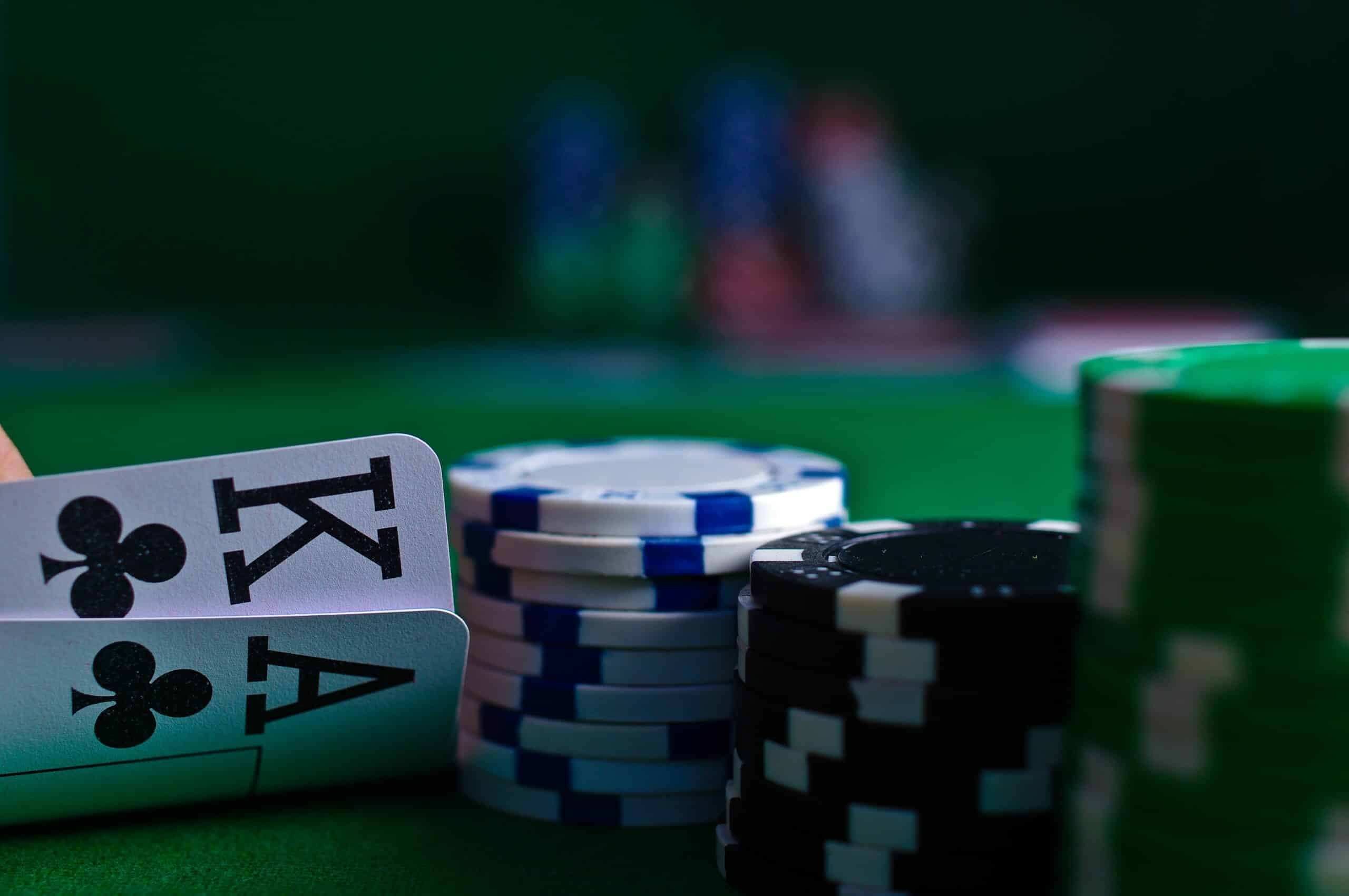
In the world of gambling, in which chance and strategy meet, a unique tapestry of beliefs unfolds—one that braids luck, fate, and the enigmatic nature of casino games. Casinos, bustling with excitement and anticipation, are not just places for placing bets; they are also arenas where superstitions thrive. From the novice player to the seasoned gambler, these mysterious practices often shape how individuals approach the games they play, holding the belief that their actions can impact the outcome in ways that go beyond mere probability.
As players gather around roulette wheels, blackjack tables, and slot machines, the atmosphere is thick with stories of lucky charms, rituals, and codified behavior that defy logic yet provide a sense of comfort. It could be the case that it’s wearing a specific outfit, following a particular sequence of bets, or even avoiding certain numbers, the attachment to various superstitions reflects a deep-rooted desire to master the uncontrollable. This article delves into the captivating world of casino game superstitions, exploring the beliefs that both entertain and mystify those who dare to play.
Historical Roots of Superstitions
Gambling games have long been connected with an array of superstitions that go back to primitive cultures. The origins of these notions can be linked to humanity’s intrinsic need to control the uncertain outcomes associated with fortune and uncertainty. https://8ok.pink/ In primitive civilizations, games of uncertainty were often tied to ritualistic practices. Gamblers would call upon favor or seek favor from spirits, believing that their actions could affect the odds in their advantage. This groundwork laid the foundation for the multitude of superstitions that developed as gambling evolved over ages.
During the medieval age, gambling became a widespread hobby across Europe, and with it, a rich tapestry of superstitions developed. Players adopted numerous rituals and charms, believing they could affect the results of games. The significance of numbers, in particular, began to manifest in superstitions related to card games and dice. The number seven was often considered auspicious, while different numbers carried unfortunate connotations. These ideas mirrored the societal contexts of the time, adapting as they passed through generations and changed to new gaming environments.
As casinos appeared in the seventeenth century, particularly in the Italian peninsula and France, the atmosphere surrounding betting became imbued in mystique. The growing openness of gambling activities allowed for the spread and variation of superstitions among players. Concepts like lucky charms, designated seating arrangements, and rituals gained importance, creating a special culture within gambling establishments. As these traditions continued to thrive, they became essential to the essence of gambling activities, illustrating how historical developments and society shape the belief systems that influence how participants interact with luck.
Widespread Gambling Superstitions
Superstitions surrounding casino games are abundant and varied, mirroring the dreams and anxieties of players as they participate in chance-based games. One of the most prevalent beliefs is that specific numbers bring fortune or bad luck. For example, the number seven is often seen as a favorable digit, frequently embraced by players looking for a positive outcome. Conversely, the digit thirteen is routinely considered cursed, leading many players to avoid it during their gambling periods.
A frequent superstition relates to practices that gamblers believe can influence their odds. Whether blowing gently on the dice before a throw, using a specific hand to place a bet, or even wearing particular items of clothing, many people feel that these actions can sway luck in their favor. These rituals offer a sense of control in an otherwise unpredictable environment, strengthening the idea that luck can be manufactured through personal beliefs and customs.
Finally, the ambiance and vibe of the gambling house itself adds to myths. Many players suggest that the presence of certain icons, such as four-leaf clovers or fortunate tokens, can enhance their odds of success. Additionally, gamblers might adhere to the belief that winning streaks can be interrupted by mundane events, such as someone walking past or a accident at the gaming surface. The collective environment in a gambling house can amplify these superstitions, creating a communal culture of superstitions that transcends single encounters.
Impact of Superstitions on Players
Beliefs play a crucial role in the mindset of casino players, often affecting their behavior and choices. Many gamblers think that luck can be influenced through various rituals, such as donning a talisman, choosing particular hues, or avoiding certain numbers. This dependence on superstitions can create a sense of control in an environment that is intrinsically unpredictable. Players frequently feel more self-assured and involved when they believe that their actions could sway the result of a game in their favor.
The influence of these superstitions extends beyond individual players, affecting the general atmosphere inside the casino. For example, a player who holds the belief in the luck of a certain slot machine might attract a gathering, as onlookers are intrigued by their apparent luck. This collective belief can amplify excitement and create a lively environment, leading to an captivating experience even for those who may not necessarily be believers themselves. The buzz around certain games can lead to higher participation and longer playing sessions, supporting the casino’s lively social scene.
In some cases, superstitions can lead to detrimental effects for players. Depending too much on rituals can result in bad gambling decisions, as some may overlook basic strategies in favor of baseless beliefs. Additionally, the pressure to perform rituals may heighten anxiety and stress levels, detracting from the pleasure of the experience. Ultimately, while superstitions can enhance the excitement of playing casino games, they can also lead to poor choices that overshadow the enjoyment and entertainment intended in the casino experience.
